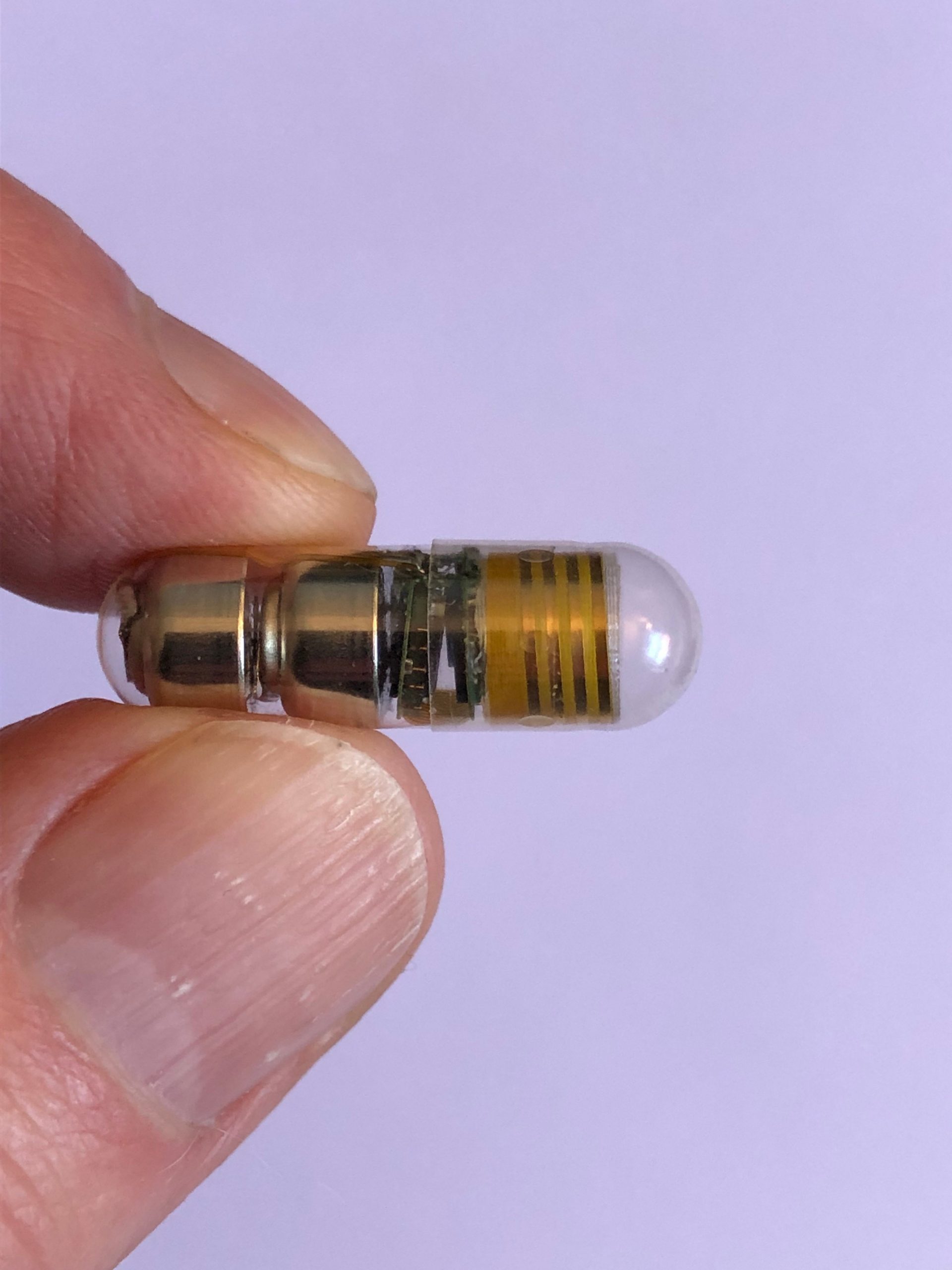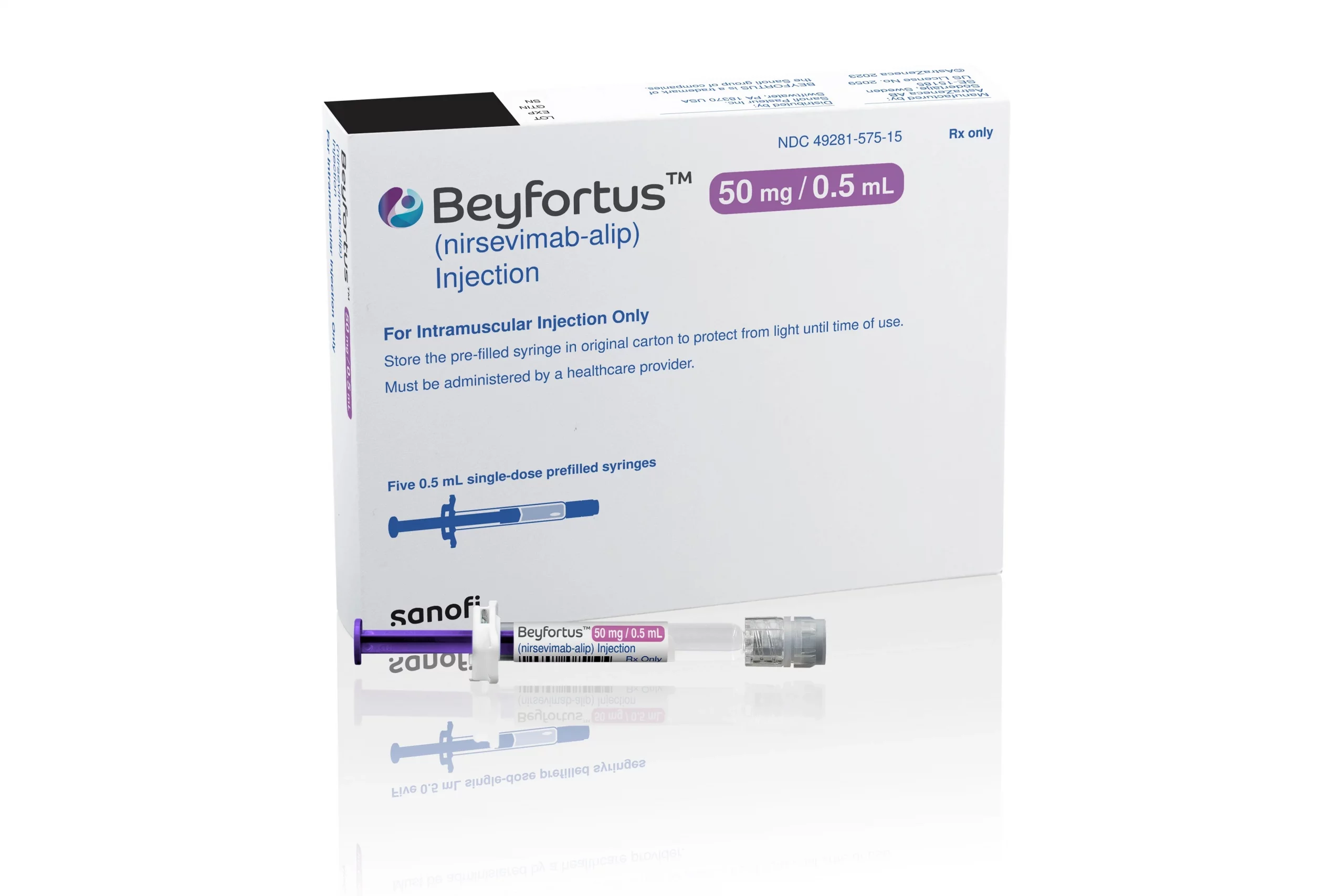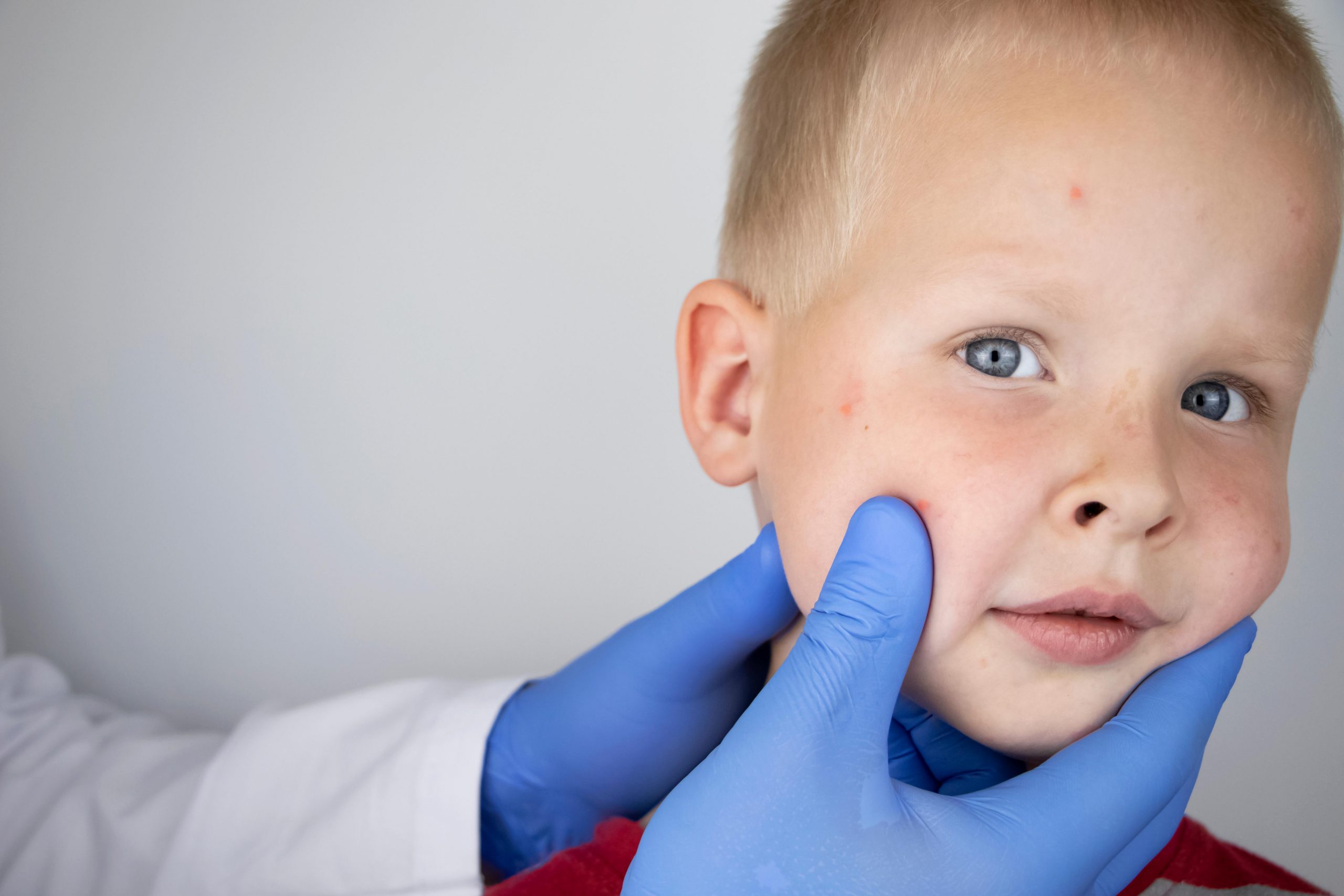
TUESDAY, Nov. 21, 2023 Traffic, crowds and unforeseen delays and disruptions can turn holiday travel from celebratory to chaos in a flash — especially if you’re prone to anxiety. Being aware of your triggers can help you be ready for any glitches that arise. “Triggers might include uncertainty of traffic, flight delays, being in public… read on > read on >






























